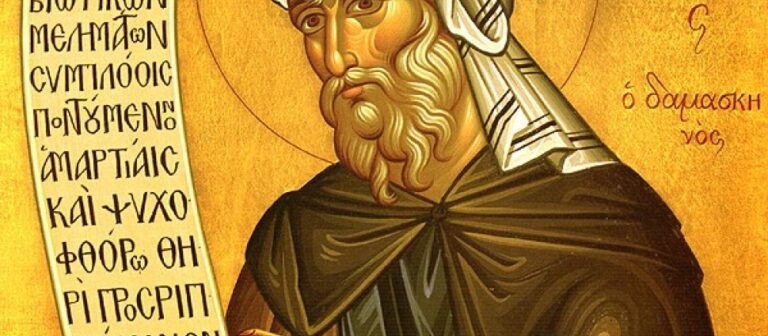
Healing the Nobleman’s Son
Many years ago my wife and I participated in a very large scavenger hunt. We had tremendous fun and wasted a lot of gas! But imagine a humorous scenario. Picture one of our colleagues finding a clue and instead of using it to press on to find the next clue he became enamored with the current clue. Perhaps he marveled at the style or the cleverness of the clue. But all of his marveling did not move the game forward but instead frustrated his companions. That is how we should imagine those in the story of John 4:46-54.
This miracle forms something of an inclusio with the first miracle. In John two we found Jesus turning water to wine in Cana of Galilee. In chapter three Jesus and his disciples go south and visit Jerusalem and have an encounter with Nicodemus. Now, in chapter four, Jesus is back in Cana of Galilee performing his second recorded miracle. However, in the sentences preceding our text we find another interesting fact. Apparently the Galileans had gone to the feast in Jerusalem and had seen all the signs he was doing.[1] John 4:45 leads the reader to believe that the welcome was based on signs. In other words, these folks were not looking at the thing to which the sign pointed but they were fixated on the signs themselves. They were like my imaginary scavenger friend.
It is little wonder that when the official heard about Jesus’ arrival he sought him out right quickly. But Jesus understood the motivation. In John 2:23 we are told that many believed when they saw the signs he was doing and therefore he “did not entrust himself to them because he knew all people…” This likely explains his statement in our text, “Unless you see signs and wonders you will not believe.” Notice, in the Greek the “you” is plural. Jesus is not addressing the father alone. He is addressing the people.
Now, let’s think about what is happening here in light of Jesus’ conversation with Nicodemus. There Jesus told the night time visitor that the Spirit is responsible for bringing about a spiritual resurrection in a person. In other words, men and women will believe when God enables them to have faith. However, man has a different read on the situation. Men say, “No, we will believe when you give us the evidence.”
But the father broke into the lesson at just this point, “Sir, come down before my child dies.” His prayer exemplified an interest beyond mere ticklish fancies. He was in earnest and the Lord saw the Spirit’s work in him and so said, “Go, your son will live.” The man believed Jesus’ words. The interesting thing happens just a few short verses later.
As the man went he encountered his servants and after some inquiries discovered that his child recovered at the very hour Jesus said that his son would live. Then the text says, “And he himself believed, and all of his household.” This was not initial belief in the man. This was faith being strengthened.
Dear friends, clues lead us forward to the next thing. And in theology a clue only goes so far. The designer of the Game must give us the meaning. He must, as it were, open our hearts to receive the things of the Gospel. This story demonstrates many things. It puts on display the man focused on clues and nothing more. It shows us true Spirit wrought faith. And it demonstrates the love of the Savior toward undeserving sinners. Our God is so good.
Jeffrey A Stivason (Ph.D. Westminster Theological Seminary) is pastor of Grace Reformed Presbyterian Church in Gibsonia, PA. He is also Professor of New Testament Studies at the Reformed Presbyterian Theological Seminary in Pittsburgh, PA. Jeff is also an online instructor for Westminster Theological Seminary, Philadelphia, PA. He is the author of From Inscrutability to Concursus (P&R), he has contributed to The Jonathan Edwards Encyclopedia (Eerdmans) and has published academic articles and book reviews in various journals. Jeff is the Senior Editor of Place for Truth (placefortruth.org) an online magazine for the Alliance of Confessing Evangelicals.
























